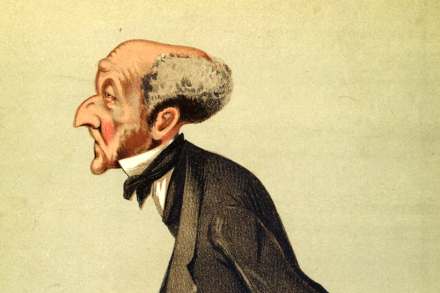Fact-checking what Nicola Sturgeon told Andrew Neil about education
I’ve been on the campaign trail in Scotland, and was struck by how often education was raised by voters – underlining a trend of the SNP’s domestic record catching up with Nicola Sturgeon. She had come prepared for her interview with Andrew Neil on this point, but how reliable were her answers? Ms Sturgeon’s tactic is to drag any discussion about education into the land of acronyms and statistics, knowing that the best way to get out of a tight spot is to make the subject sound dull, or parochial. But online, we have infinite space to team up with people who know these briefs, and scrutinise politician’s answers. The result is




















